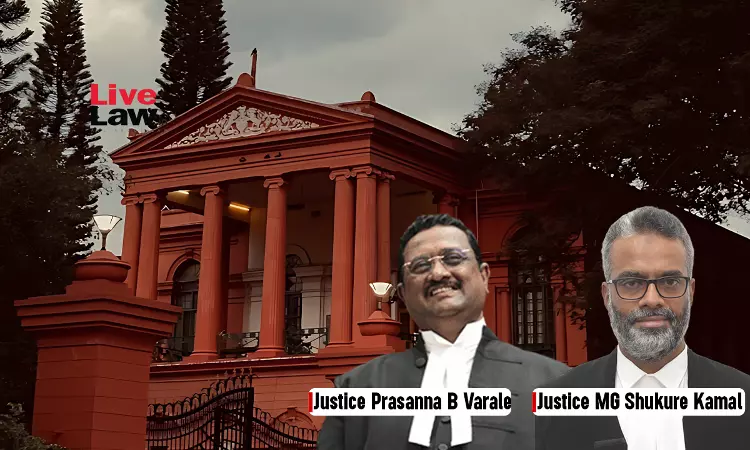The Karnataka High Court has dismissed a PIL filed by residents of HBR Layout in Bengaluru, who opposed the use of a residential property as a prayer hall.During the hearing, a division bench of Chief Justice Prasanna B Varale and Justice M G S Kamal took strong exception to the oral submission made by the counsel for the petitioner that 'offering prayers was a risk'. “We will not accept...

